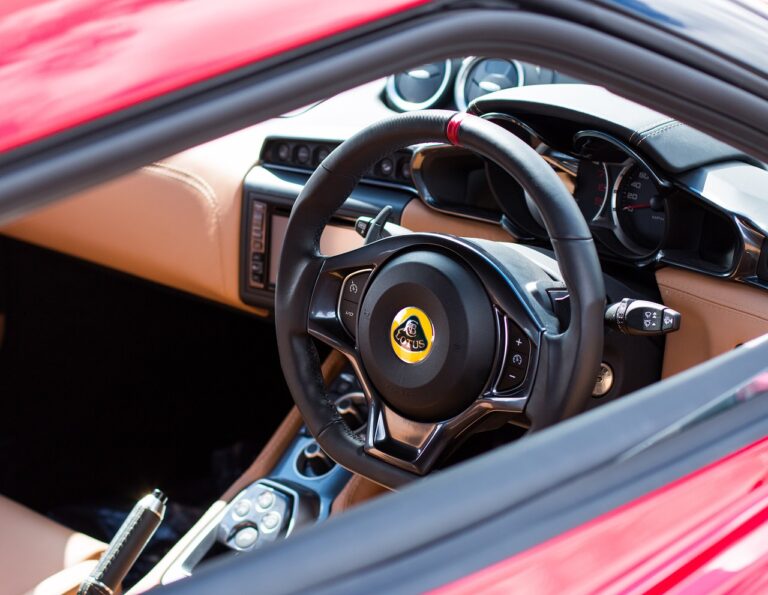The Impact of Vehicle Electrification on Automotive Supply Chains
Automotive supply chains are encountering significant challenges with the shift towards vehicle electrification. One of the primary difficulties stems from the need to procure specialized components for electric vehicles, which are sometimes in short supply due to limited production capacity. This scarcity can lead to delays in manufacturing and ultimately impact the entire supply chain, causing disruptions and potential bottlenecks.
Furthermore, the transition to electric vehicles requires supply chains to adapt to new technological advancements and production processes. Manufacturers are faced with the task of reengineering their existing systems to accommodate the unique requirements of electric vehicle components, such as batteries and electric motors. This transformation can be costly and time-consuming, posing additional challenges for automotive supply chains as they strive to meet the growing demand for electric vehicles in the market.
Increased demand for electric vehicle components in the supply chain
The shift towards electric vehicles has caused a surge in demand for various components in the automotive supply chain. From lithium-ion batteries to electric motors, suppliers are under pressure to meet the increasing need for these specialized parts. With consumers embracing electric vehicles for their environmental benefits and cost savings, automakers are ramping up production, further intensifying the demand for electric vehicle components.
This growing demand poses challenges for suppliers, who must now invest in technology and infrastructure to meet the production requirements. Shortages in key components, such as rare earth minerals used in electric motors, have also led to supply chain disruptions. As a result, suppliers are under pressure to diversify their sourcing strategies and secure a stable supply of materials to keep up with the demand for electric vehicle components.
What are some challenges faced by automotive supply chains due to vehicle electrification?
Some challenges include the need for new production processes, sourcing of new materials, and the development of new supply chain networks to support the increased demand for electric vehicle components.
How is the demand for electric vehicle components affecting the supply chain?
The demand for electric vehicle components is increasing as more car manufacturers shift towards producing electric vehicles. This has led to a need for suppliers to ramp up production and expand their capabilities to meet the growing demand.
What specific components are in high demand in the supply chain for electric vehicles?
Components such as batteries, electric motors, power electronics, and charging infrastructure are in high demand as the electric vehicle market continues to grow.
How are suppliers adapting to the increased demand for electric vehicle components?
Suppliers are investing in research and development to improve their production processes, collaborating with other companies to expand their capabilities, and expanding their supply chain networks to meet the demand for electric vehicle components.







